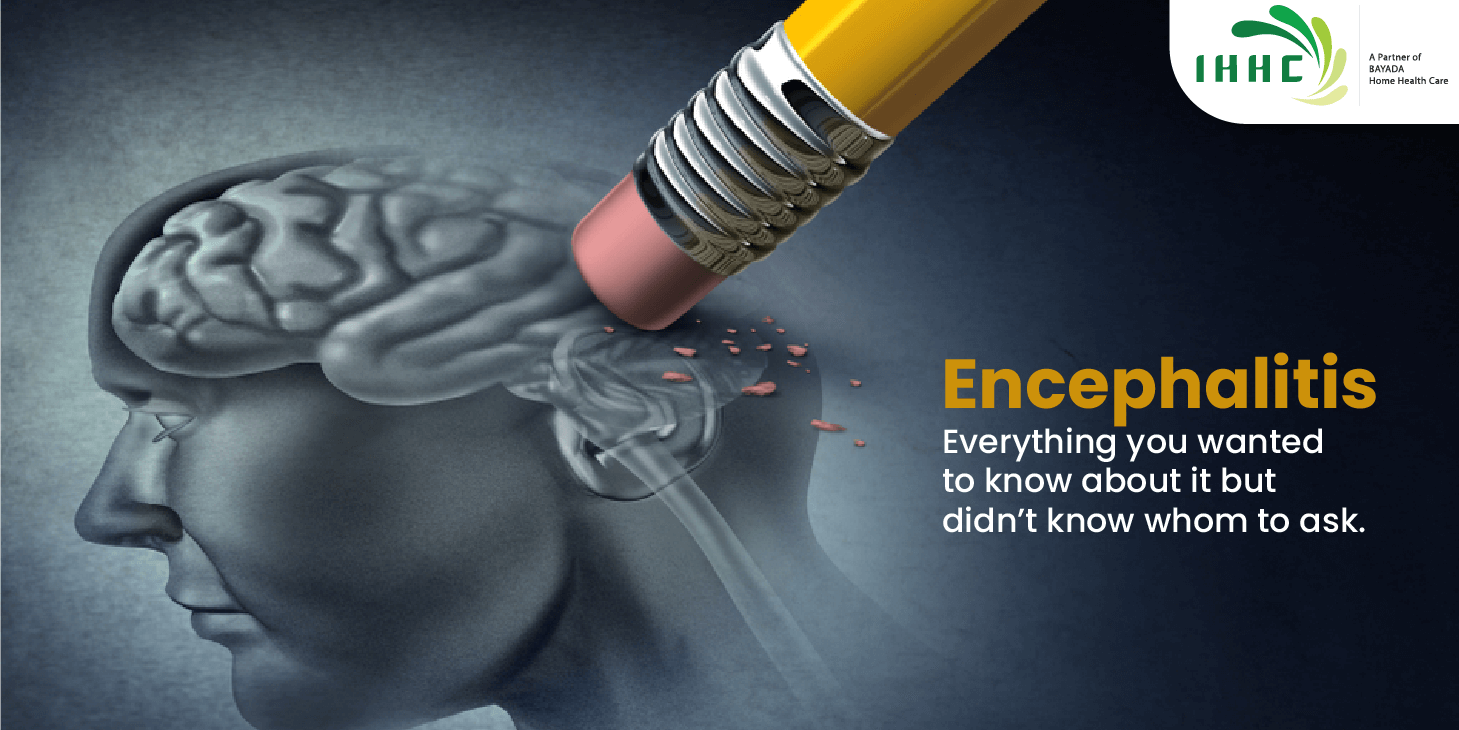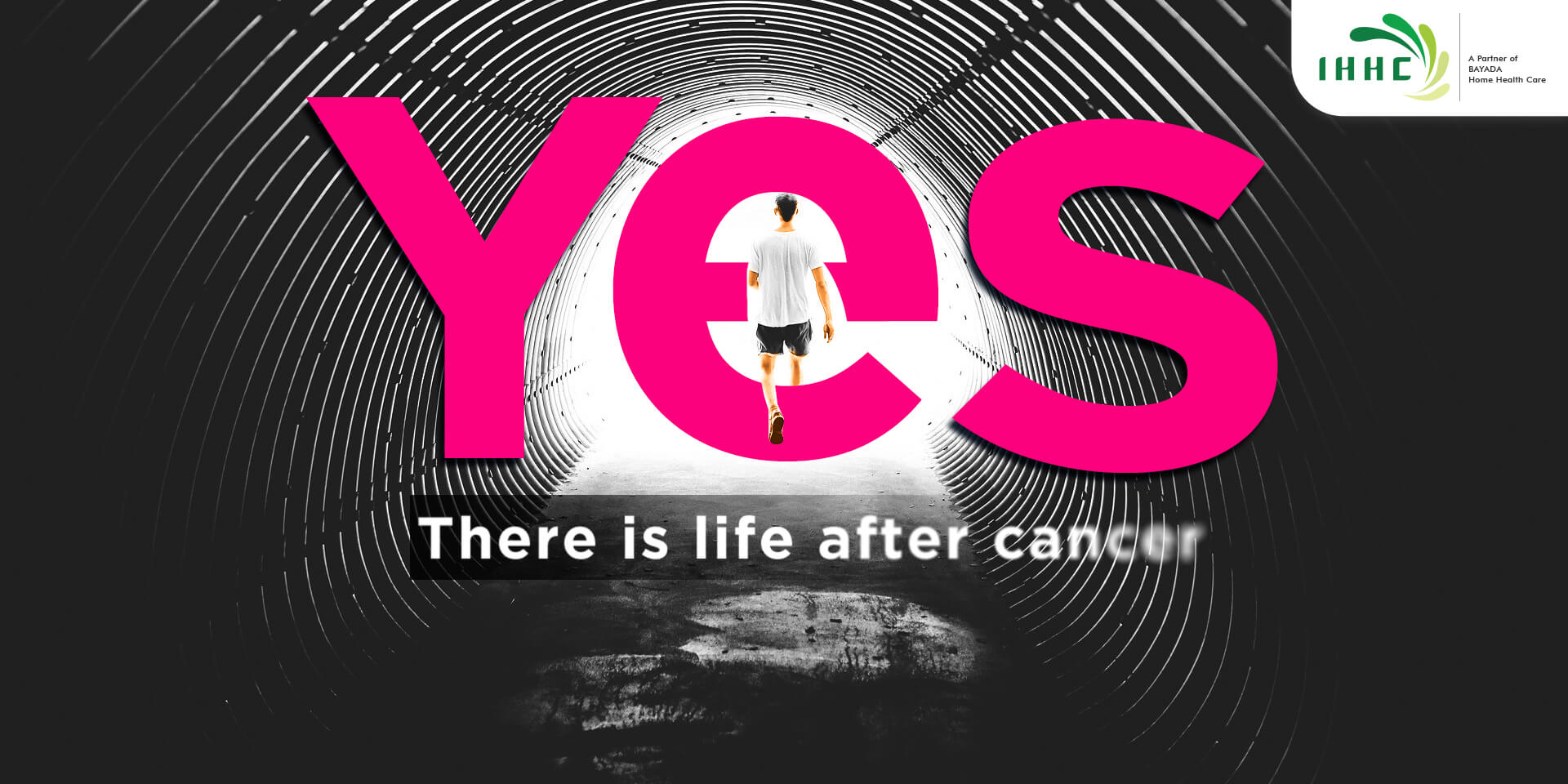Is there a need for home healthcare in India?
Encephalitis. Everything you wanted to know about it but didn’t know whom to ask.
So, what is encephalitis? Put simply, it wraps the brain in a blanket of inflammation brought on by a virus. According to the definition on the Mayo Cinic web site, “Encephalitis (en-sef-uh-LIE-tis) is inflammation of the brain. There are several causes, but the most common is viral infection. Encephalitis often causes only mild flu-like signs and symptoms — such as a fever or headache — or no symptoms at all.”
How does encephalitis manifest itself?
Encephalitis generally causes mild flu-like signs and symptoms — such as a fever or headache — and sometimes, no symptoms at all. Encephalitis can result in confused thinking, seizures, problems with the senses or with movement. Encephalitis can be life-threatening but not very often. It’s important to make timely diagnosis and start treatment early because how encephalitis will affect each individual is difficult to predict.
Common symptoms
- Headache
- Fever
- Aches in muscles or joints
- Fatigue or weakness
More severe signs and symptoms could include:
- Confusion, agitation or hallucinations
- Seizures
- Loss of sensation
- Paralysis in certain areas of the face or body
- Muscle weakness
- Problems with speech or hearing
- Loss of consciousness
Signs and symptoms in infants and young children could include:
- Bulging in the soft spots (fontanels) of an infant's skull
- Nausea and vomiting
- Stiffness in the body
- Feeding purely or not feeding at all
- Crankiness
Causes of encephalitis
While the exact cause of encephalitis is often not identified, the most common cause is a viral infection. However, bacterial infections and non-infectious inflammatory conditions have been known to cause encephalitis.
Two types of encephalitis
- Primary encephalitis. This happens when a virus or another agent directly infects the brain. The infection could be concentrated in one spot or spread over a wider area.
- Secondary encephalitis. This results from a faulty immune system reacting to an infection somewhere else in the body. To quote the Mayo Clinic web site, “Instead of attacking only the cells causing the infection, the immune system also mistakenly attacks healthy cells in the brain. Also known as post-infection encephalitis, secondary encephalitis often occurs two to three weeks after the initial infection.”
Common viruses that can cause this condition
- Herpes simplex virus (HSV)
- Other herpes viruses
- Enteroviruses
- Mosquito-borne viruses
- Tick-borne viruses
- Rabies virus
- Childhood infections
Risk factors
Anyone can develop encephalitis but factors that could increase the risk of getting encephalitis may include:
- Age
- Weakened immune system
- Geographical regions
- Time of year
Preventive actions
- Practice good hygiene
- Don't share utensils
- Teach your children good habits with respect to hygiene
- Get vaccinated
Protection against mosquitoes and ticks
- Dress to protect yourself against them
- Apply mosquito repellent
- Avoid mosquitoes, put up screens to keep them out
- Get rid of standing water outside your home
Getting a diagnosis
Your general practitioner will start with a thorough physical examination and medical history. He might then recommend one of the following:
- Brain imaging – an MRI or CT scan
- Spinal tap (lumbar puncture).
- Other lab tests
- Electroencephalogram (EEG)
- Brain biopsy but this is very rare and only done if the condition is getting worse and not reacting to treatment
Generally recommended treatment
- Bed rest
- Plenty of fluids
- Anti-inflammatory drugs
- Antiviral drugs
The importance of supportive care
People with severe encephalitis might need:
- Breathing assistance
- Careful monitoring of breathing and heart function
- Intravenous fluids to ensure proper hydration
- Maintaining levels of essential minerals
- Anti-inflammatory drugs to reduce swelling and pressure on the brain
- Anticonvulsant medications to stop or prevent seizures
After care, in cases with complications
Some people might need additional therapy, such as:
- Physical therapy to improve strength, flexibility, balance, motor coordination and mobility
- Speech therapy to relearn muscle control and coordination to help them speak
- Psychotherapy to learn coping strategies, new behavioural skills, improve mood disorders or address personality changes




